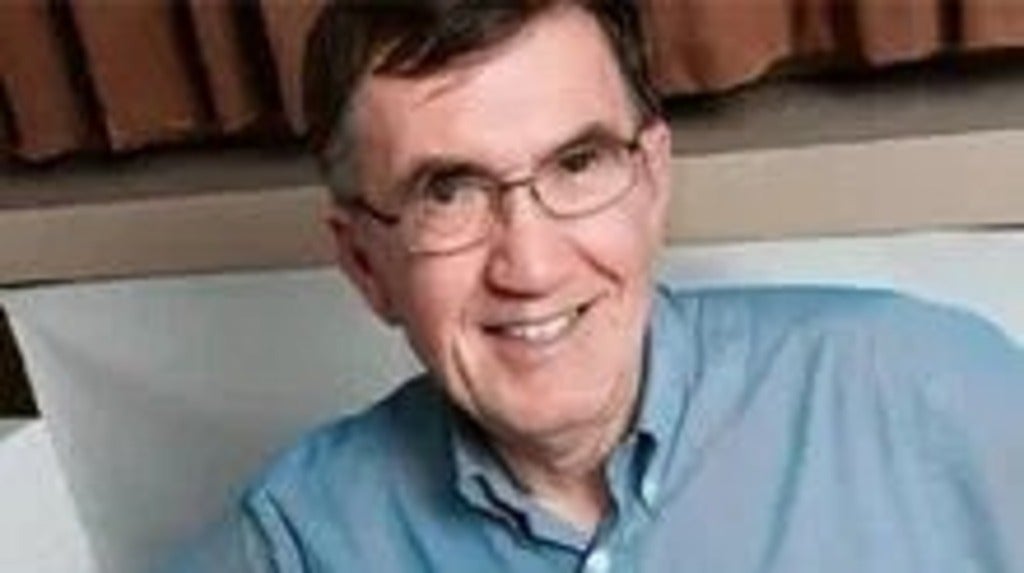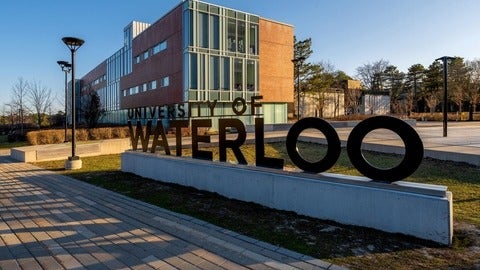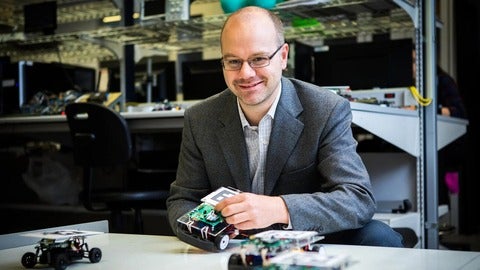Prof celebrated as top grad student supervisor
Dr. Peter Huck has been honoured for his commitment to graduate students’ success with an Award of Excellence in Graduate Supervision.
Huck, a professor in the Department of Civil and Environmental Engineering and the NSERC Chair in Water Treatment, has graduated close to 100 PhD and master’s students and supervised more than 15 postdoctoral scholars.


